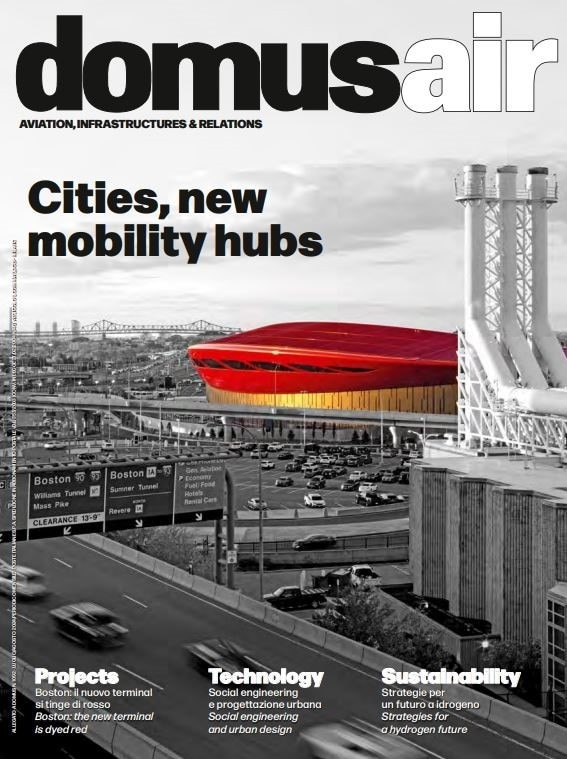When the media discusses data and its impact on our lives, the picture is often unclear. As if our lives today are something other than data, which we can decide to include or exclude. Those who view digital as just a device or a dimension of the present are completely off the mark. Data has become a fundamental and pervasive element of our existence, shaping our experiences and identities beyond mere traffic measurements, elder care services, school tools, global finance, and personal finance.
The list is endless, leading philosophers like Cosimo Accoto to speak of a “new earth formation”, the “ digital twins” of our planet. To talk about data is to talk about algorithms, a term that remains a mystery to many of us yet threatens LANDING to change all of our lives forever. Although the word is not new, appearing in the 9th century as a Latin transcription of the name of Persian mathematician Al-Khwarizmi, algorithms now govern our digital lives with enigmatic and potentially perilous power. To understand this, one only has to read a book that is having much success, The Dictatorship of Algorithms, written by Paolo Landi, an intellectual and literary critic lent to communications who for years headed Benetton’s communications, also working closely with Oliviero Toscani.
Landi not only explains what algorithms are and why they define our lives today, but also delves into their profound impact on individual, economic, and social dynamics, even influencing the class struggle. In social networks, divisions, antagonisms, and hostilities persist from the pre-digital era but are now updated on a psycho-sociological level. Algorithms adeptly gather web users into statistical units and subsets, becoming the modern masters of both world affairs and individual consciousness. They direct and manipulate these masses, who are so immersed in social media that it covers 91 percent of the globe, ushering in a new form of capitalism.

Fortunately, urban settings have not yet fully embraced this reality. In the urban scenario, data is a means of constructing and conveying ideas, simply as a collection of words creates a story, or an artist using paint provides a picture of the world. Data analysis has brought immense benefits, from disease treatment to combating exploitation and human rights abuses. Yet, cities face dangers too, as Landi warns that temporal data analysis and algorithms often exclude women, the poor, and ethnic groups. How can we navigate this dilemma, balancing data’s potential with its risks of marginalization and inhumanity? This is the challenge of Artificial Intelligence, where everything depends on how individuals and corporations use data to shape worldviews, values, and goals. As Socrates, who understood the power of knowledge, once said, there is both good and evil in data use, but ultimately, good prevails. We must remain vigilant and optimistic, ensuring that our use of information benefits humanity.

